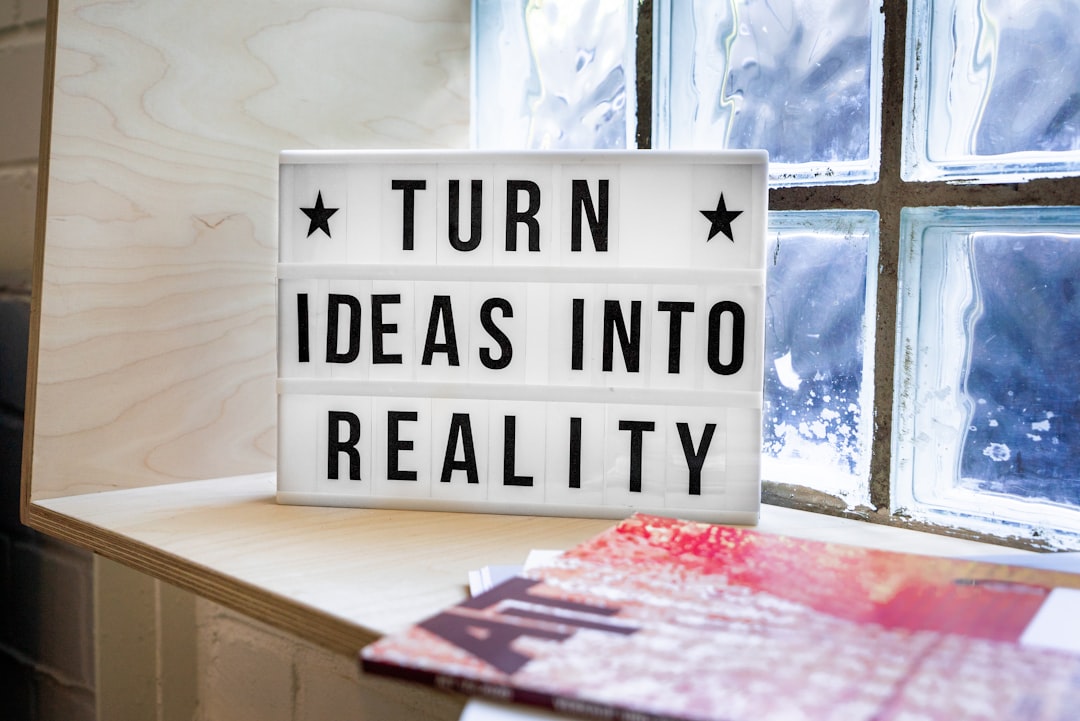- Nour Group Blog
- Posts
- Aligned Expectations and Desired Outcomes
Aligned Expectations and Desired Outcomes

Are you good at setting clear expectations?
In my upcoming book, Relationship Economics 3rd edition due out later this year, I’m writing about how relationships go bad with misaligned expectations. Expectations touch so many different work (and life) experiences, from job interviews to promotions and bonuses at work. Disappointment creeps in when reality does not meet our expectations. That’s why I found this discussion by Rachel Botsman on rethinking expectations to understand how we can get better at setting them may be a viable topic to think about.
Two types of expectations
An expectation is a personal belief that something will happen in the future. There are two different sides to expectations — what we expect from others and what we expect from ourselves. And how we set and “manage” those expectations shapes how we experience situations and trust other people.
You may have heard of the equation:
Disappointment = expectations – reality.
According to this formula, the way to sustain higher happiness is to maintain lower expectations (our happiness levels are inversely proportional to our expectations). But is this the most useful way to think about expectations? Are high expectations actually dangerous?
Understanding what is in your control
The traffic, the weather, and other people’s moods are examples of things that are not in our control. When it takes you 2 hours to drive somewhere that should have taken 15 min, or it’s pouring rain on a day you really wanted to be outside, are powerful principles on expectations at work:
Understanding what is in your control and what is not is critical in managing expectations.
Getting too fixed on the way you want something to turn out often leads to disappointment, which in turn can lead to resentment.
When we count on something happening, we make plans. Our minds start to think something is guaranteed. This can get in the way of adapting expectations and even lead to risky behaviour.
Let’s use an example of getting a bonus. If you expect the bonus before it’s been promised for that year, you could spend the money on something you can’t afford. And then when you don’t get the bonus, you’re left scrambling to make up the difference.
The solution often recommended to solve disappointment around expectations is to simply lower them. But this idea doesn’t sit well with me. Optimism, for example, involves the expectation that things are likely to get better.
So how can we think differently about expectations?
Possibilities to live into
Carol Dweck, author of The Growth Mindset and a professor of psychology at Stanford University, makes an important distinction between having low expectations for things like the weather on holiday versus expectations about ourselves.
“Having low expectations for yourself is a recipe for feeling good about yourself at any particular moment, but not getting anywhere,” Dweck says.
Motivation often comes from the expectation that we can do better
In a wonderful book called The Art of Possibility by Benjamin and Roz Zander, they discuss how any kind of leader — a teacher, manager, or parent — has two choices when it comes to expectations:
Give grades as an expectation to live up to.
Offer grades as a possibility to live into.
The second approach, the authors argue, is far more motivating.
Benjamin Zander, conductor of the Boston Philharmonic Orchestra gives an “A” grade to all his students at the start of the year rather than at the end. It comes with one condition — his students write him a detailed letter dated next May describing what they did to achieve the “A” grade, and the performer they will become by the end of the course.
Society at large tends to treat “A” students quite differently from students who are given a C. It’s a wonderful example of reframing: from living up to expectations to living intopossibilities.
“The practice of giving an A transports your relationships from the world of measurement into the universe of possibility… This A is not an expectation to live up to, but a possibility to live into.” — Benjamin Zander
The effect of expectations on our actions
Zander’s practice is based on notable studies conducted by the psychologist Robert Rosenthal testing what is known as the Pygmalion effect. Rosenthal has spent much of his career examining “expectancy effects,” which is the influence a researcher’s expectations can have on the outcome of an experiment. In one study, Rosenthal labelled two groups of rats as “bright” and “dull.” He told his researchers that some of them would work with the supposed “dumb” rats and the rest of had the “bright” rats. Over the course of the week, the researchers conducted the same maze experiments. The results were not even close. The “smart” rats did twice as well as “dumb” rats — even though the animals were actually the same.
Rosenthal discovered that high expectations led to better performance and low expectations led to worse — each leading to a self-fulfilling prophecy. In this experiment, expectations in the researchers’ heads changed their behavior toward the rats in subtle but powerful ways. For example, the “smart” rats were handled more gently by the researchers, which impacted their performance. Benjamin Zander observed something similar from decades of teaching musicians: His expectations impact his behavior toward his students, which has a positive impact on how they perform.
Think about the power of this principle: Your expectations — your belief about another person (or yourself) — can impact an outcome. And the relationship!

Reply